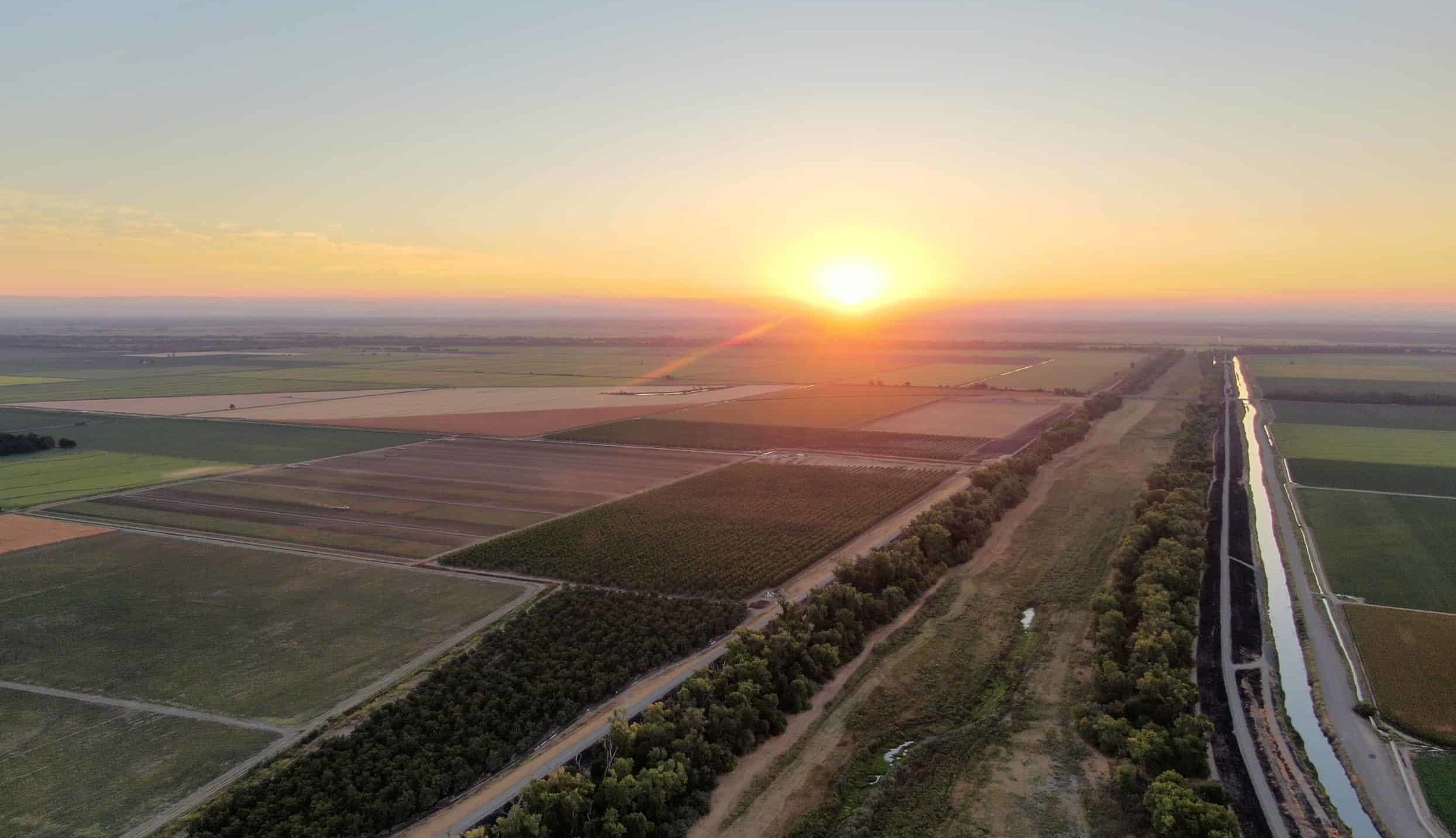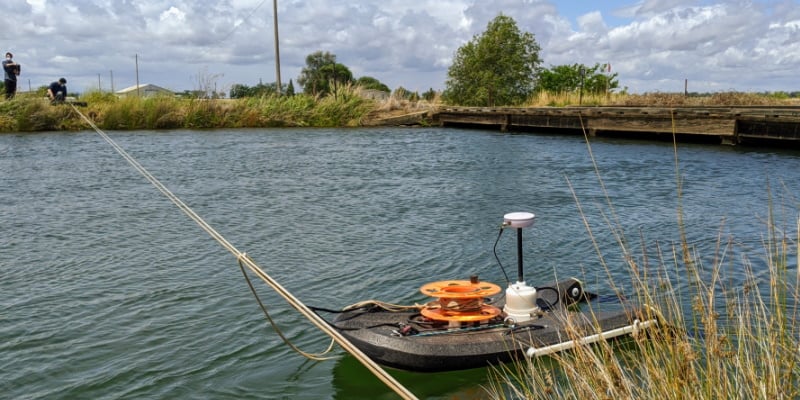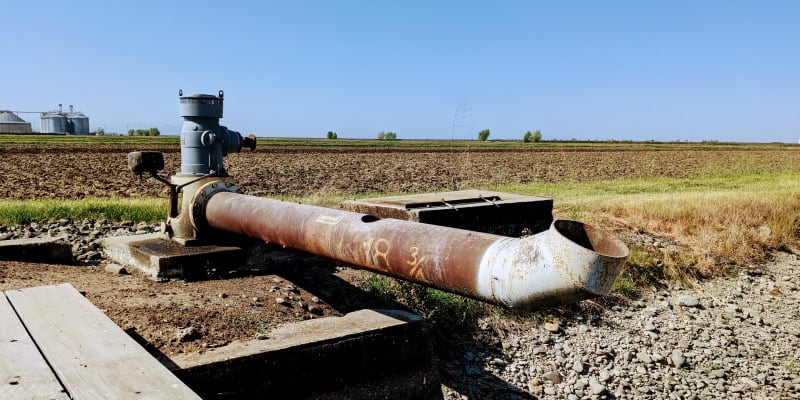It’s no secret that agriculture in California is the backbone of food supply across the nation. Farms in California produce one-third of the country’s vegetables and two-thirds of the country’s fruits and nuts. Our agricultural success would not be possible without water and irrigation. However, with consecutive dry years and drought conditions, using water effectively is becoming a challenge. Improving agricultural water management plays a central role in maximizing agricultural production from limited water supplies while achieving economic and environmental sustainability.
So, what is agricultural water management? Agricultural water management encompasses all aspects of irrigation and drainage engineering, soil and water conservation, and watershed management. Davids Engineering provides a broad range of services supporting management of surface water and groundwater suppliers. For almost three decades, we have assisted irrigation water suppliers and farmers with water information systems, water conservation planning and verification, irrigation system modernization, water measurement plans, water management plans and conjunctive use water management.
On the agricultural water supplier side, there are various types of water management plans that are developed to better understand and guide their water management decisions and to comply with state and federal requirements. In California, any agricultural water supplier providing water to more than 25,000 irrigated acres are required to prepare or update their Agricultural Water Management Plans (AWMP) every five years. There are also Integrated Regional Water Management Plans or Groundwater Management Plans that may be required.
Davids Engineering has experience preparing all these water management plans for agricultural water suppliers within California. Recently, we partnered with two of the oldest irrigation districts in California – Turlock Irrigation District and Oakdale Irrigation District – to develop their AWMPs. The plans include a description of the districts’ regional setting and water supplies; water management activities, objectives, and opportunities; potential effects, impacts, and mitigation strategies for climate change; regional and detailed water budgets; ongoing and planned efficient water management practices; and recommendations for modernization projects, additional data collection, additional studies and planning, and partnerships to improve water management in the region.
Davids Engineering continues to be actively involved in advancing water management in California and beyond. Learn more about our agricultural water management solutions here.




